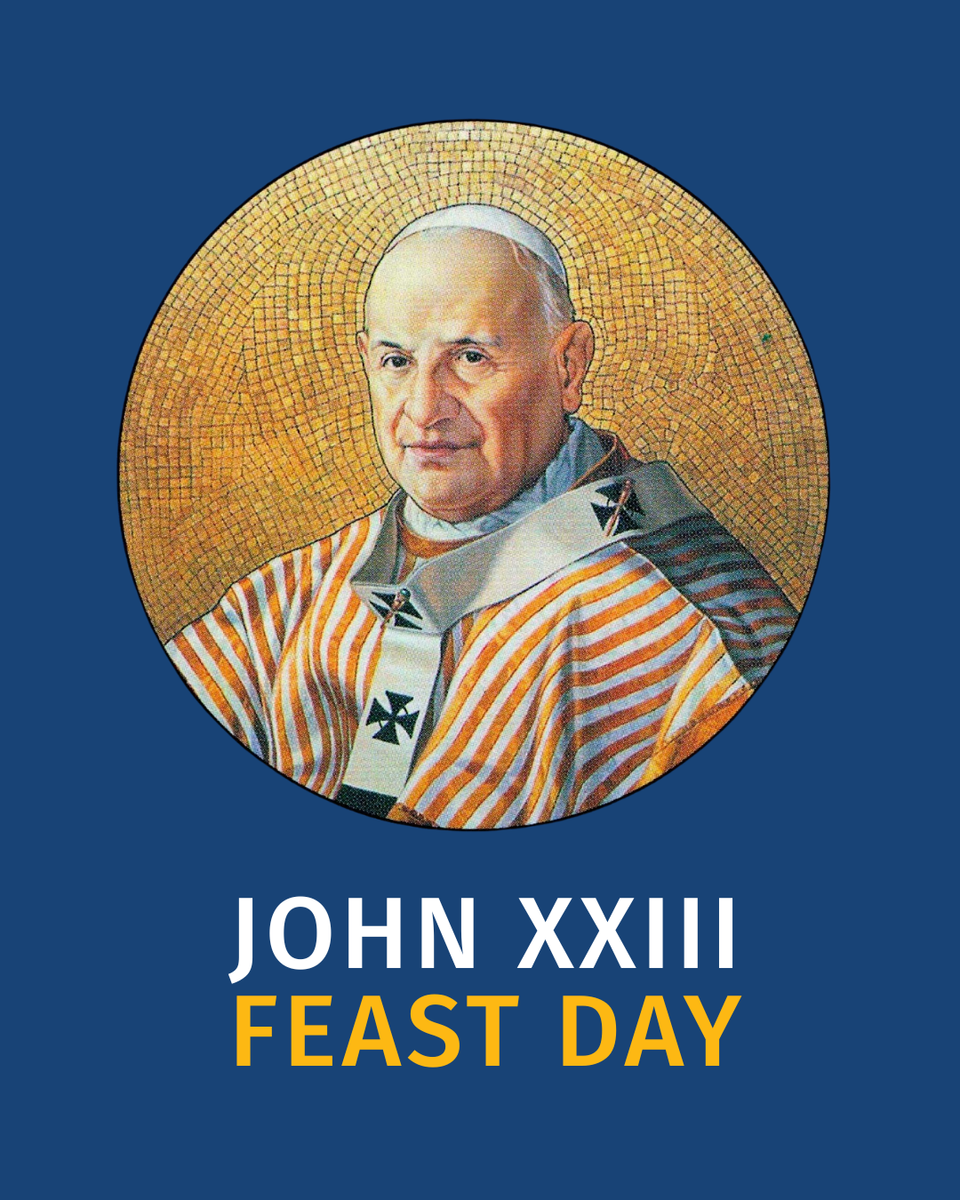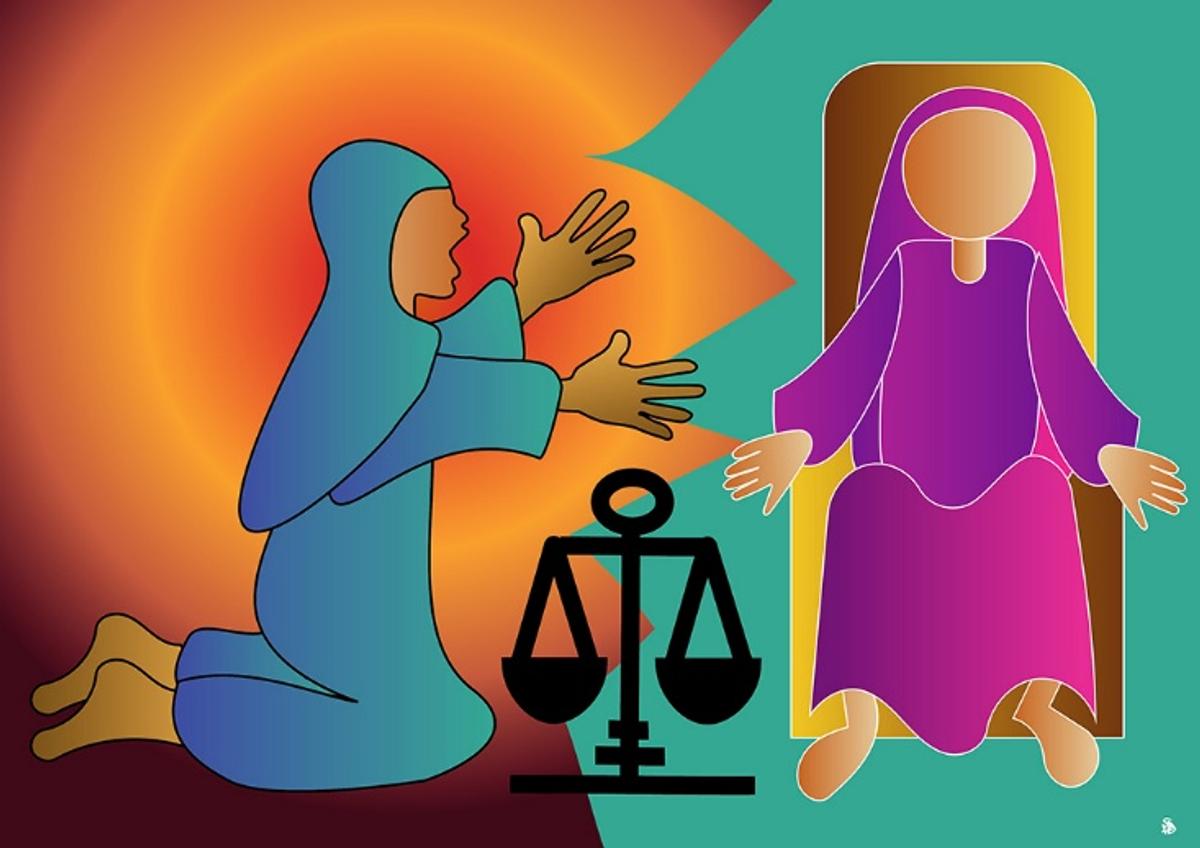Faith and Mission

This week, our College community remembered the feast day of Pope Saint John XXIII, a remarkable leader whose legacy continues to inspire the Church and our school. Known to many as 'Good Pope John,' he not only led the Church through significant changes but also became a beacon of hope and compassion for people everywhere.
Pope John XXIII’s greatest contribution was calling the Second Vatican Council, a gathering that refreshed many aspects of Church life. It encouraged renewed worship, greater participation from all members, and stronger connections with people of other faiths and the wider world. The teachings and changes from this council continue to shape the Church today.
He was also a strong voice for peace and justice. Through his letter Pacem in Terris, he called for respect and understanding among all people and highlighted the importance of human rights in a world facing many challenges. Throughout his ministry, whether visiting those in need or advocating for the poor, he reminded us that kindness and mercy are at the heart of Christian living.
As one of the founders of our College, Pope Saint John XXIII set a standard we strive to follow. He believed in the importance of learning and questioning while respecting tradition, and he encouraged an attitude of openness and inclusion. His example urges us to care for one another, create a welcoming environment, and serve our community generously. These values are at the core of what makes our college special.
The Jubilee Year invites us to reflect on his legacy as a true pilgrim of hope. Despite the upheavals of his own era, John XXIII never lost faith in the possibility of a better future. His gentle optimism teaches us to be patient, to forgive, and to approach challenges with a spirit of hope.
From his life, we learn to be brave in our beliefs, to adapt wisely to change, and to always serve others with generosity. Pope John XXIII’s example encourages us to support each other, find gratitude in daily life, and trust in the journey ahead. As we look back on his feast day, may his memory continue to inspire us to build a caring and hopeful community, both now and in the future.
Janeen Murphy
Deputy Principal Faith and Mission
Community Mass
Thank you to Year 11 students who prepared our Eucharist this morning. Special thanks to Fr Sean Fernandez, from the Cathedral, for celebrating with us this morning. We proclaimed the readings for this Sunday, including the parable of the widow and the unjust judge (Luke 18:1-8).
Next week, Community Mass will be prepared by Year 7 students. Families are warmly invited to the Mass and to gather afterwards for coffee in the café.
If you have any questions about Community Mass, please contact Mary-Anne Lumley.
Community Mass details
- College Chapel
- Fridays in term time
- Starts at 8:00am concludes at 8:30am.
Good News for the 29th Sunday in Ordinary Time
This reflection on the parable of the widow and unjust judge is from Jesuit, Fr Richard Leonard, and is part of a longer homily for this Sunday.
There is a long tradition in the Church that prayer can influence God’s will. Our belief in the power of intercession is predicated on it. This tradition holds that God regularly and actively intervenes to effect good outcomes in the world. In this school God is waiting to be asked or have us ask others to petition him. The problem with this is how much an all-knowing, unchanging God changes his mind in regard to our petitions.
An equally long and venerable tradition in the Church, however, is that prayer changes us. This tradition has had less airplay. Fasting, abstinence and pilgrimages, for example, do not change God, but are meant to change the person who undertakes them. These things can enable us to be more responsive or receptive to whatever happens in life. I think this tradition needs to be reclaimed.
The idea of prayer changing us, changes our prayer – giving it greater dynamism and urgency. While we may not know the mind or will of God, we often know our own thoughts and desires. We can usually pinpoint what needs recrafting or reshaping in us so that we may live out the goodness and love of God more clearly. Confronting and converting these obstacles, with God, can see our prayer at its boldest and bravest. At these times we can enjoy God’s healing and forgiveness. And because conversion is a lifetime process, Jesus encourages us not to lose heart but to pray always and hold on to faith even when the going gets tough.
© Richard Leonard



